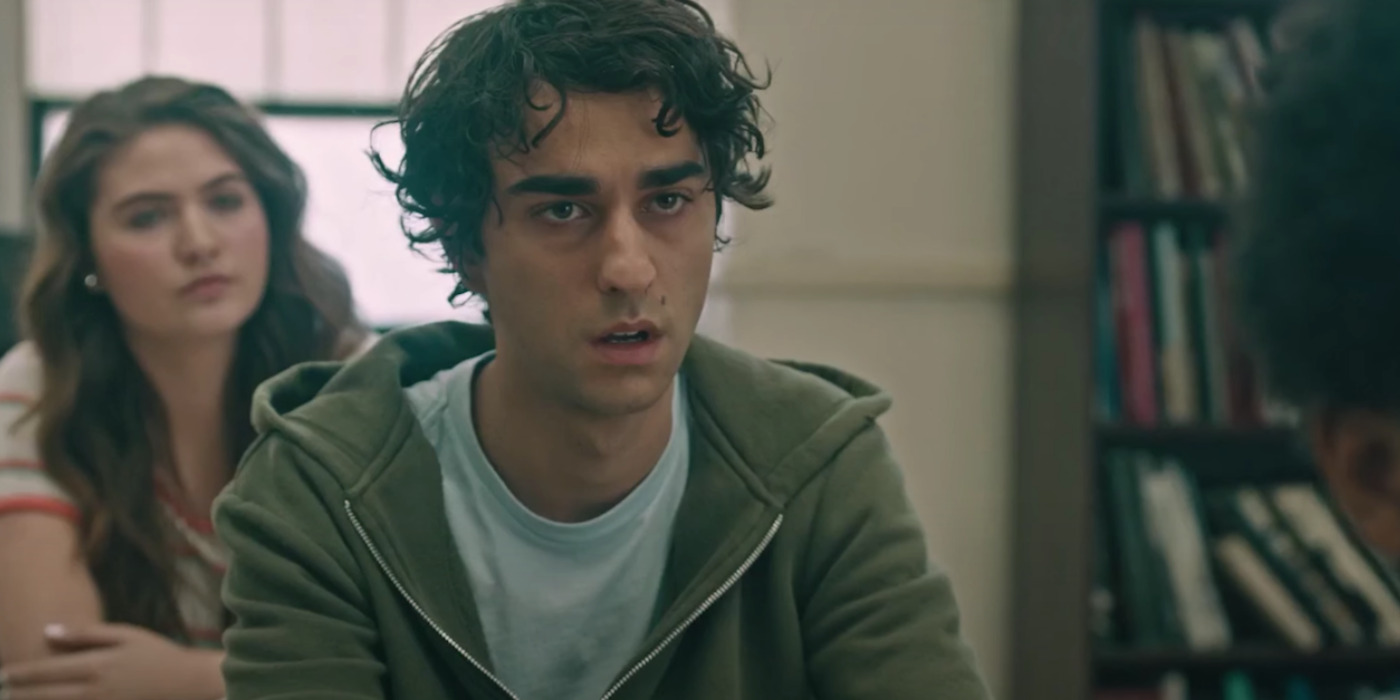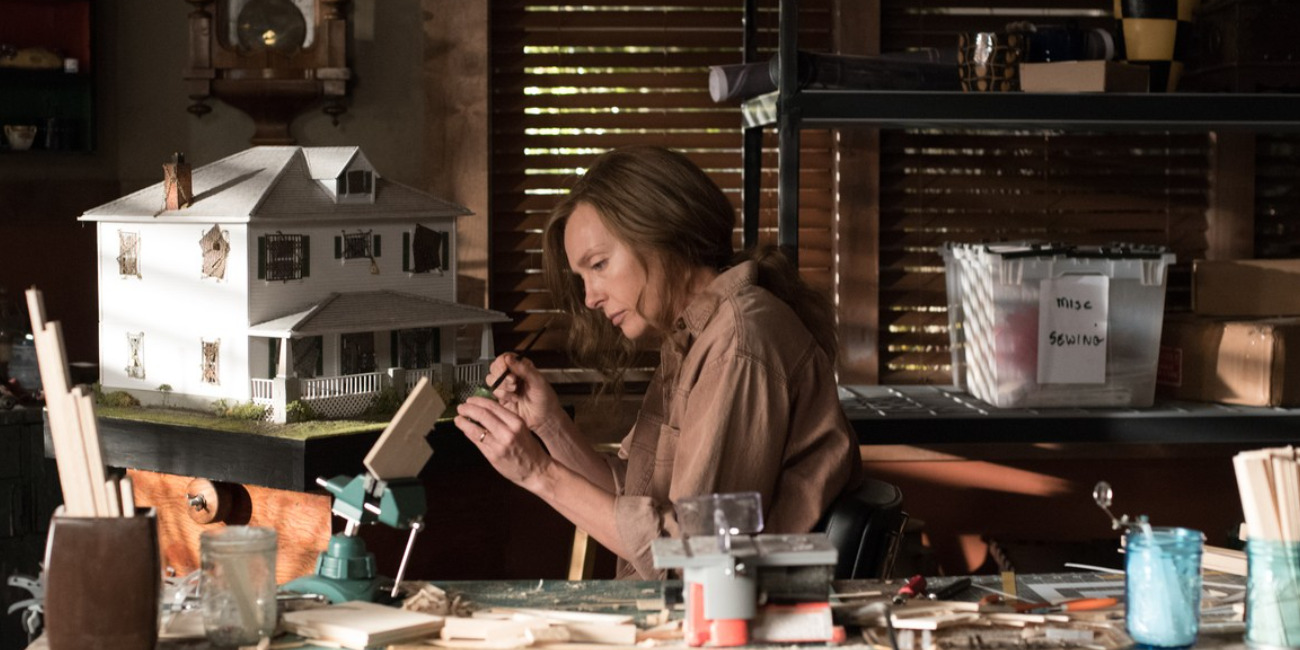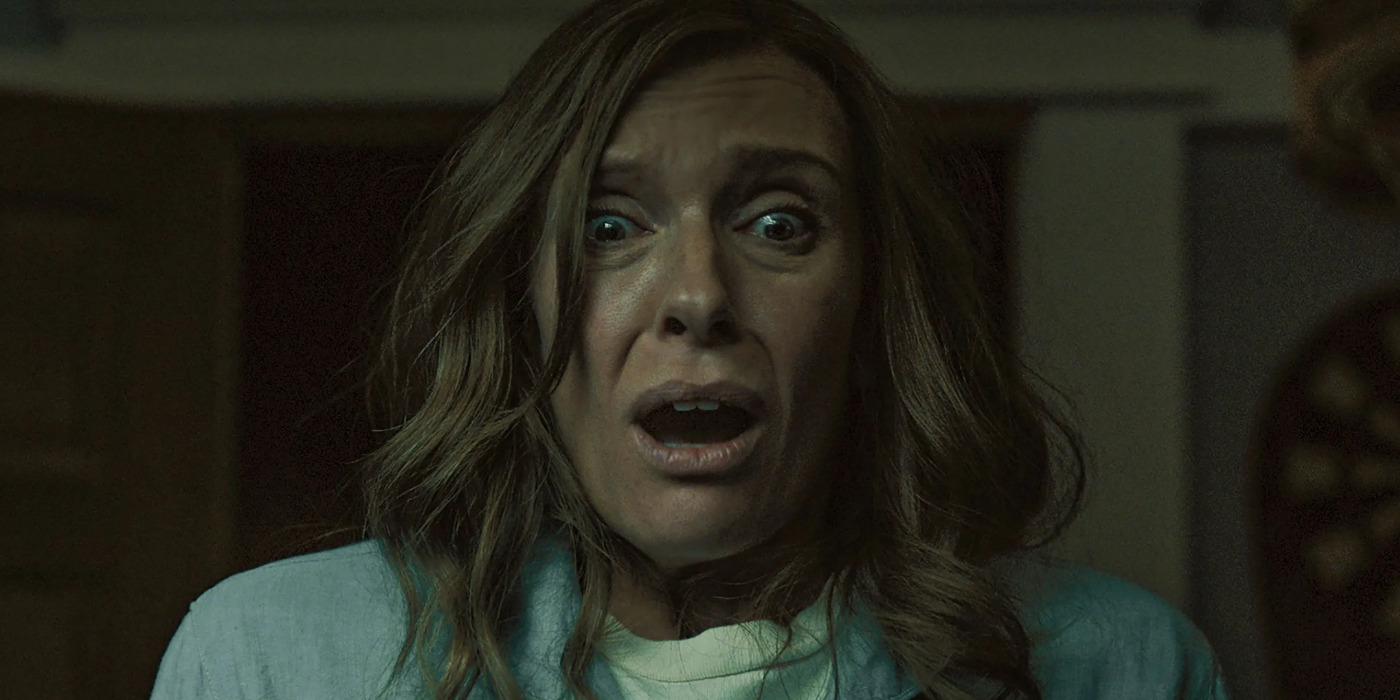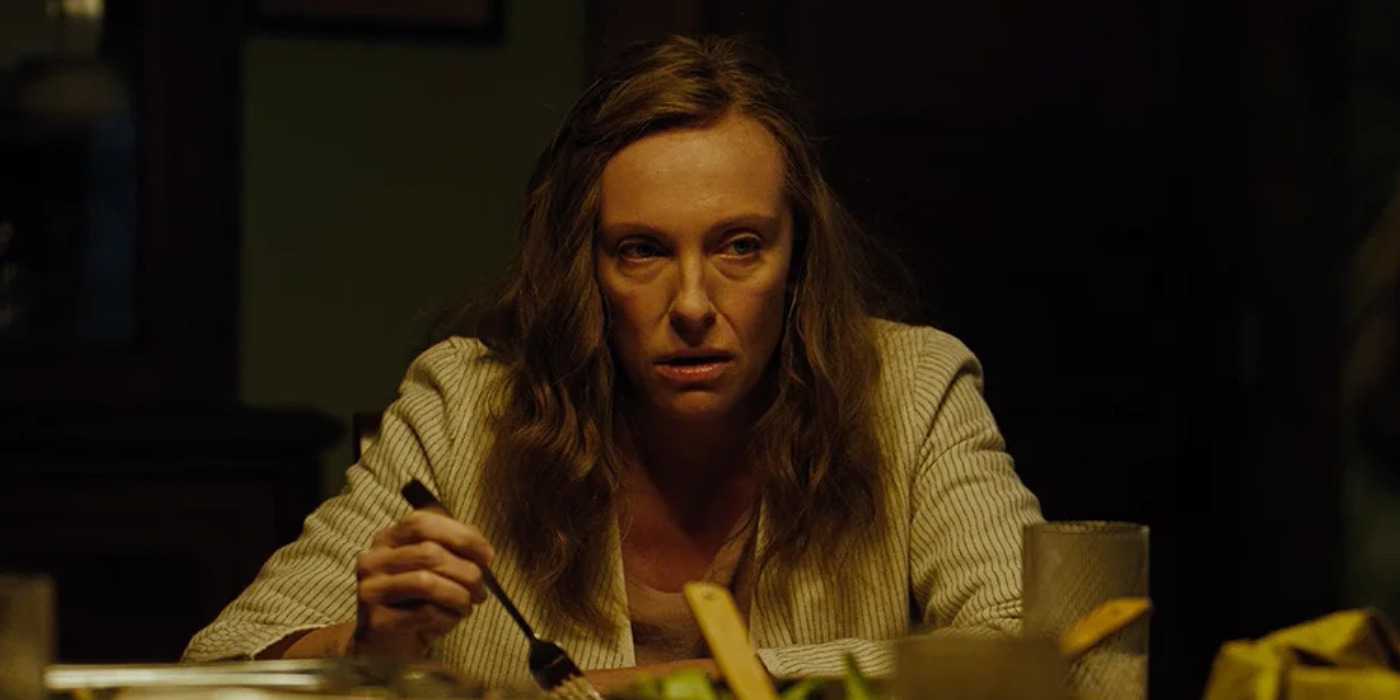The 2018 horror film ‘Hereditary’ is an engrossing dive into the story of a family whose life turns into a nightmare under the weight of recent tragedies. For Annie Graham, the loss of her mother, Ellen, remains a complicated and devastating affair. As her family, husband Steve, and two kids, Peter and Charlie, grieve the fresh loss, a series of strange and eerie happenings begin overtaking their lives. Consequently, Annie discovers a dreadful secret about her ancestry that might just spell out her family’s doom once and for all.
Despite harboring crucial supernatural aspects within its narrative, Ari Aster’s feature-film directorial debut retains plenty of nuance with authentic and relatable themes. The horror tale presents a story about a tragedy told through the lens of a psychological thriller, which grants the genre film vastly realistic elements whose inspirations surprisingly aren’t all that detached from reality. SPOILERS AHEAD!
Hereditary Explores Concepts of Generational Trauma and Mental Illness
As a horror film with supernatural interferences, ‘Hereditary’ firmly remains a work of fiction and a product of Ari Aster’s creative imagination. The film’s premise and characters hold little to no direct real-life inspirations and are confined to the on-screen narrative. Even so, its subject matter inherently creates a bridge between the fictionalized story and realistic themes and concepts that the audience would find familiar and relatable. The central themes of familial complications paving the way for a tragedy generation in the making present the most obvious instance of such narrative threads.

From the get-go, Aster knew he wanted to focus this project on the intensely complex effects that trauma can collectively have on a family. The natural appeal of the concept of a family tragedy aside, the filmmaker found this motif attractive because of the past complications and distress his own family has undergone. Although he prefers not to elaborate on the topic, Aster has referenced how, even though these complications have fortunately evaded him, he has witnessed their toll on people close to him.
Consequently, even though Aster didn’t mine any evident inspiration from his own life, his experiences and ideas inform the foundation of the Graham family and their grief-stricken trauma. In particular, the filmmaker was interested in analyzing a nihilistic exploration of the traditional family tragedy genre. Therefore, the metaphorical reading—that the supernatural themes in ‘Hereditary’ are an analogy for mental illness inherited from one’s ancestors—finds fertile ground for the film’s connections to real life.
Hereditary’s Depiction of Witchcraft Has Realistic Roots
While ‘Hereditary’ mines most of its realism through its universally resonant themes, it also taps into real-life inspiration for the more mystical sources of its horrors. In the film, Paimon, a malicious demon, and his cult are the subtle antagonists that cast a shadow over the Graham family’s lives. As it turns out, Paimon and his followers aren’t a product of the on-screen horror story. Paimon is an actual spirit whom many involved in witchcraft and other pagan faiths have believed in over the years. Thus, the spirit holds a firm basis in real-life demonology lore.

One can find real-life references to the demon in various literature, most prominently in the ‘Grimoire,’ an ancient magic textbook, and Aleister Crowley’s ‘The Lesser Key of Solomon’ from the early 1900s. Several aspects of Paimon’s on-screen iteration are restricted to Ari Aster’s work—making them instances of creative liberties. Some examples include the film’s depiction of the fictionalized connection between the demon and beheadings and his supposed preference for male hosts.
Still, the filmmaker dove into extensive research on the topic to ensure his portrayal of the occult dynamics within the story remains grounded in an original source. In a 2018 interview with Vox, Aster spoke about the same and said, “I did do a lot of research, especially into witchcraft and how one might cast a spell and how to conduct one of these rituals. It was very disturbing for me, and I had to move away from it once I’d gotten what I needed. I’m sure that I’m going to be called out by occultists for taking liberty where I might have. But ultimately, I have no ties to the occult.”
Ari Aster Tapped Into Existential Fears With Hereditary
Once the early decision to create ‘Hereditary’ as a horror movie arrived, Ari Aster concluded that he wanted his flavor of cinematic horror to have a unique existential tint to it. As a result, he retained a preference for fears that were inescapable and insolvable. From the generalistic fear of death to more subtly sinister things like change, distrust, and lack of free will—the filmmaker wanted his project to highlight things of such immaterial yet unavoidable nature. Inevitably, this resulted in a larger exploration of the filmmaker’s own fears that he put under a narrative microscope through his characters.

“(You know,) It (The film’s source of horror) was borne out of extreme feelings and personal feelings, but then from there, it’s all the work of invention,” Aster shared in a conversation with Screen Crush. “I mean, it’s also personal in that when I set out to write a horror film, I set out to make a film about things that scare me. And so it’s a film that is investigating my own fears.” Ultimately, by equipping his own fears as the base structure to model the horror in ‘Hereditary,’ the filmmaker ensures he has a deep understanding of the themes he infuses within the narrative and the characters. As a result, the story of the Graham family’s tragedy charts such a realistic path.
Read More: Hereditary Ending, Explained


You must be logged in to post a comment.